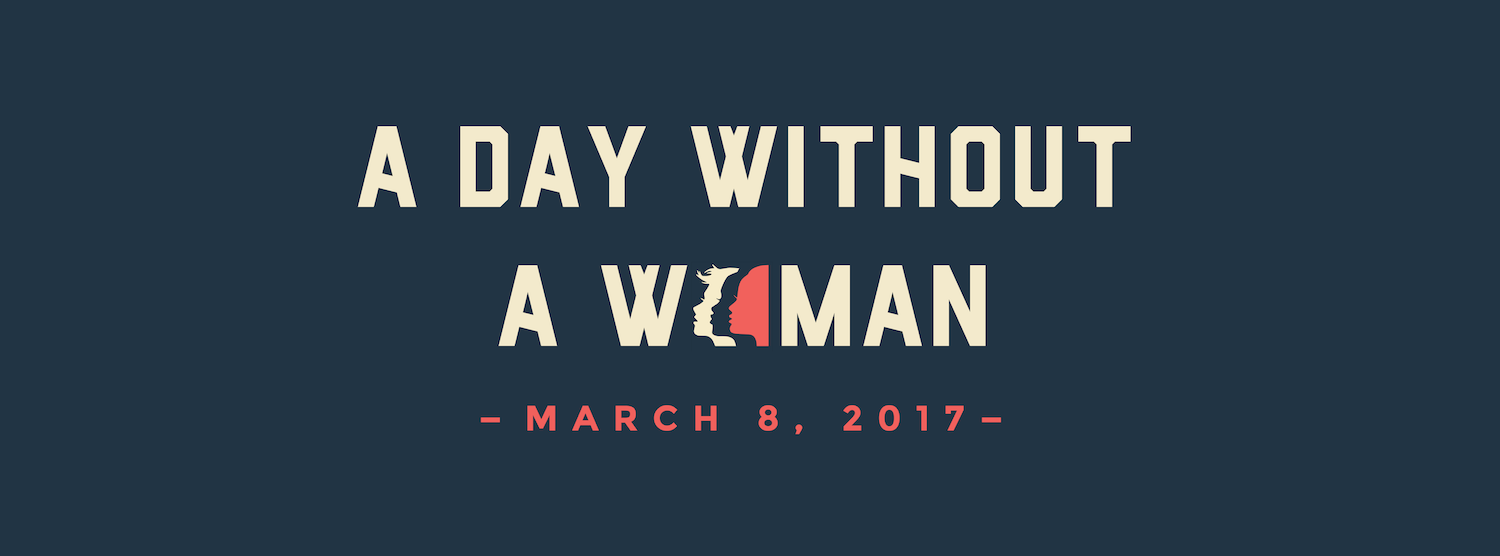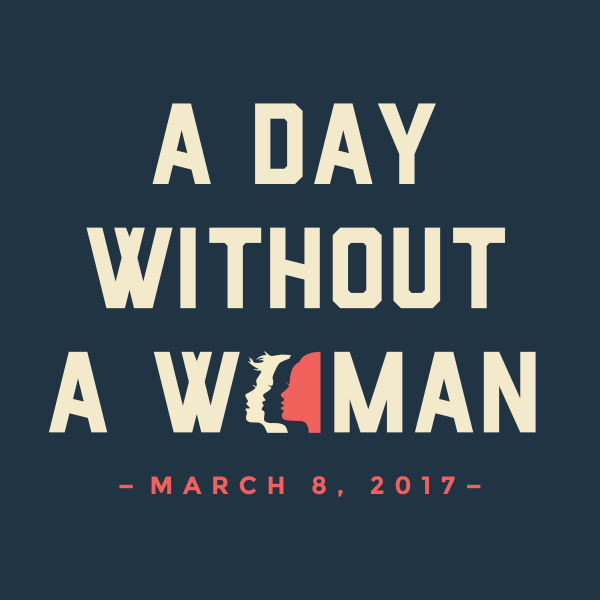Extremist judges will not stop endangering the lives of pregnant people or people who may become pregnant—overturning Roe v. Wade, attacking medication abortion, threatening the future of IVF, and this week at SCOTUS, emergency abortion care.
Our lawyers are waging strategic fights that make clear what is at stake for people who can become pregnant and seek to bolster our fundamental rights to control our lives, futures, and destinies.


 Wednesday, March 8, International Women’s Day, is also “A Day without A Woman” – an action designed to highlight women’s work and economic significance to their families, workplaces, communities, and the broader economy. If women’s work – paid and unpaid – were truly seen and valued, that alone would be a pathway for ending poverty. Eliminating the wage gap would
Wednesday, March 8, International Women’s Day, is also “A Day without A Woman” – an action designed to highlight women’s work and economic significance to their families, workplaces, communities, and the broader economy. If women’s work – paid and unpaid – were truly seen and valued, that alone would be a pathway for ending poverty. Eliminating the wage gap would